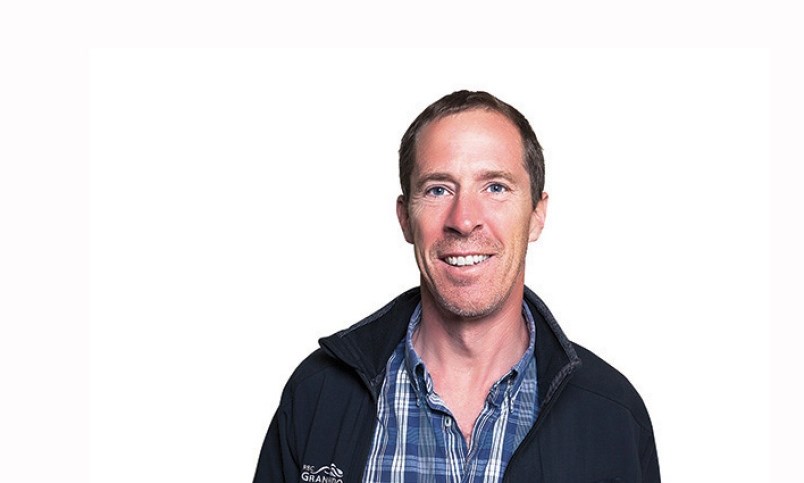I joined an NFL football pool this year. That's nothing special. Lots of people do, I guess, but I know nothing about the NFL or football. Oh sure I used to watch as a kid, but those were the days when OJ Simpson was known simply as a pretty fine football player. Now I'd be lucky to be able to name a half dozen of the 32 teams in the league. I know, 32! When did that happen?
So how do I pick the teams in my pool? Simple, I cheat. I ask an ex-student who knows tons about football. He lives and breathes all sport, and so he just emails me whom I should pick.
The local election this year is feeling a bit like my football pool. I look at the list of candidates and can name about a half-dozen and some of those I'm not sure I want to support. So what's a voter to do?
Well, I'll use Tom Sawyer's method: I'm going to ask other people to do my work for me. Over the past week I've checked in with colleagues who pay attention, with people who work with or are impacted by council, and with those who really follow local politics and I've asked for a short-list.
I'm getting them and, from those short-lists, I'll look for trends and compile a list of candidates that I'll feel I can vote for. Then I'll listen to the contenders and scratch any whom I'm not certain about from the list.
Given 22 candidates for council and 5 for mayor, there are a staggering 373,065 possible combinations of different councils that could be formed. (At least that's what my mathematician partner sneered when I said, "Golly there must be hundreds of possible combinations of councils.")
It's a bit of an embarrassment of riches, isn't it? We're a town in which people want to get involved, and that bodes well for our future. But there are some challenges with the large number of candidates. Vote splitting means that each winning candidate's total number of votes required to win will likely be lower than in past elections.
About 6,000 people voted in the mayoral election in the 2014 election. That was split among three candidates, and Mayor Patricia Heintzman won with 48 per cent of the vote. Add two more candidates, and the winning tally for the mayor's position might drop to 30 per cent.
In the council vote, more candidates mean it's possible that fringe candidates — those who don't really have a significant constituency — are more likely to be elected. The vote tends to spread and small numbers start to differentiate the candidates. In fact, in Squamish in 2014 the difference between being on council and being an "also-ran" was only 56 votes.
There are ways voters can help ensure votes count, and the most powerful way is to vote only for those people you really support. In municipal elections, each vote that you make for one candidate acts as a vote against your other choices.
Voters need to know that there is no obligation to vote for six candidates, and choosing only a couple or three people is an effective way to "plump" your vote and to increase the odds that the candidates you support will win.
By the way, I'm doing OK in my football pool. I'm sitting in the middle of the pack and keeping things pretty steady.
But I think that Squamish could do better than have that outcome.
��
��




